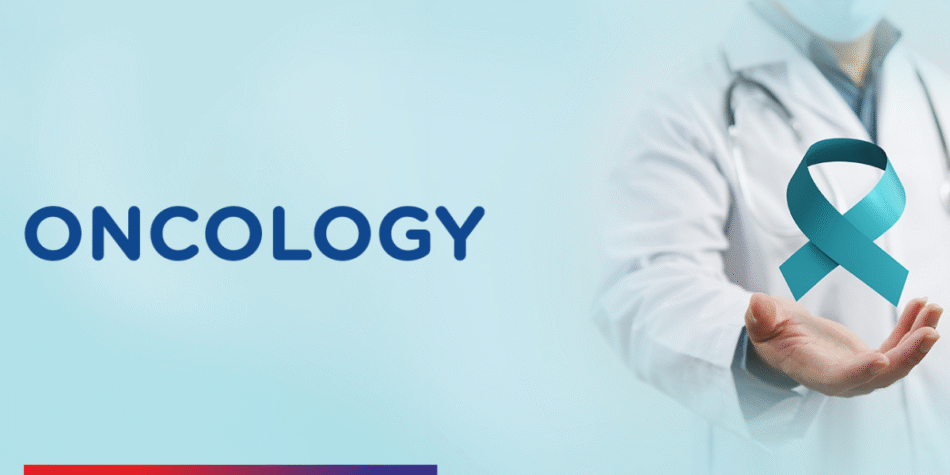Unlocking the Future of Cancer Care
When you’re first told the words Cancer Care, it can feel like stepping into uncharted territory. You’re asking, “Where do I go from here?” or “What does this even mean for my life?” That’s exactly why understanding modern Cancer Care matters—so you and your loved ones can find clarity, hope, and real, practical support. In this post, I’ll explore what excellent Cancer Care really looks like—and show how it’s possible to transform fear into empowerment.
1. What Does “Cancer Care” Really Mean?
At its core, Cancer Care isn’t just about medicine—it’s a whole-person approach. Think treatments like surgery, radiation, chemo—but also emotional support, diet advice, and community resources. We’re talking about doctors, nurses, social workers, nutritionists, counselors—all working together. That’s what modern Cancer Care should do: treat both the tumor and the person.
So, if you’re searching for top-tier Cancer Care, you want a team that listens to your pain, hears your fears, and actually supports your hopes. That, my friend, is true Cancer Care.
2. Why Holistic Cancer Care Makes a Difference
Medical treatments are essential. No argument there. But did you know studies show that patients who get emotional, nutritional, and practical support often respond better to treatment? Stress can weaken immunity; fear can mess with sleep. Real-world Cancer Care addresses all that—helping you feel stronger, both in body and mind.
Picture this: someone diagnosed with cancer who’s also overwhelmed by mounting bills or side effects. Without proper Cancer Care, they can feel stuck. But with resources—financial counseling, support groups, symptom relief—they stand a way better chance at navigating treatment successfully.
3. The Pillars of Great Cancer Care
a. Medical Treatment
Of course this is core: surgery, chemo, radiation—but done with precision and compassion. You deserve personalized care that adapts as your condition evolves.
b. Nutrition & Lifestyle
Good food fuels both healing and energy. Guidance on diet, exercise—even gentle yoga—makes a huge difference. That’s all part of Cancer Care.
c. Emotional & Psychological Support
This is huge. Fear, anxiety, depression—they’re real. Accessing counseling or peer groups helps people stay mentally resilient. That’s integrated Cancer Care.
d. Symptom Management
Nausea, pain, fatigue—they’re often worse than the disease itself. Proper palliative support alleviates these, improving quality of life dramatically.
e. Social & Financial Assistance
Medical costs, transportation, job disruption—these can be overwhelming. The best Cancer Care systems support you through practical logistics.
4. How to Find the Right Cancer Care Team
So what actually matters when you’re hunting for a team?
- Multidisciplinary clinics: Surgeons, oncologists, dietitians, and more all in one place.
- Accredited centers: Look for recognized institutions that meet standards.
- Patient‑centered culture: Do they ask about your goals? Listen to your concerns?
- Support services: Are counseling, diet advice, financial guidance offered?
- Survivor feedback: What do former patients say? That tells a lot.
5. Real Stories: Empowered by Cancer Care
Let me share two brief examples:
- Malik’s journey: Diagnosed with stage II cancer, he was anxious about costs. His Cancer Care team gave him access to financial aid and peer support. He says, “Knowing I wasn’t alone made all the difference”—and he finished treatment stronger.
- Samina’s experience: She struggled with nausea and fatigue. Her supportive Cancer Care program included dietary tweaks and gentle physical therapy. “I sleep better now—and I can care for my kids again,” she told friends. That’s the human impact.
6. Bringing Better Cancer Care to Your Life
If you’re wanting to access or improve your own cancer support:
- Ask questions
- “What emotional support do you offer?”
- “Is dietary advice included?”
- “Can I speak with a survivor?”
- Compile your team
- A primary oncologist, surgeon, dietitian, mental health counselor.
- Add a social worker or patient advocate for practical help.
- Use available resources
- Local NGOs, online support forums, financial assistance groups.
- Simple breaks and self‑care: short walks, nutritious meals, calling a friend.
- Keep communicating
- If a side effect arises, tell your care team.
- If you’re feeling low, request counseling.
- Your voice matters—this is your Cancer Care story.
7. Overcoming Barriers to Holistic Cancer Care
Many face obstacles: unclear referrals, long distances, insurance limits. But here are ways to overcome them:
- Telehealth for counseling or diet advice—no travel.
- Local support groups or NGOs with sliding-scale fees.
- Asking for NGO or hospital-based financial help—many have assistance programs.
- Patient navigators—professionals who guide you across appointments, paperwork, and follow-up.
You might not have everything at once, but incremental steps add up. That’s true Cancer Care in action.
8. The Future: Evolving Cancer Care
Medicine moves fast. Today, personalized genetic testing helps tailor treatments. Immunotherapy harnesses your own cells. Precision radiation targets tumors while sparing healthy tissues. Expect even more mental‑health tools, AI‑driven symptom monitoring, virtual reality for pain relief. Each innovation strengthens the foundation of human‑centered Cancer Care.
9. Take Action: Be Your Own Advocate
I’ll say it again: be your own advocate. Ask, explore, push for what you need. You deserve the best Cancer Care—treatments, compassion, support, and dignity. Write down your questions before appointments. Bring a friend. Track side effects. Demand answers. It’s your life—and your care.
Read More: “What Services Does Home Health Care in Alexandria Offer for Seniors and Families?“
10. Final Thoughts
So, are you ready to step into a new era of Cancer Care? One where medical expertise meets emotional compassion? Where you’re heard, supported, encouraged—not just treated? I hope this post gave you clarity, hope, and a sense of empowerment. Share it with someone facing cancer. Together, we can unlock better care for more lives. You’ve got this.






